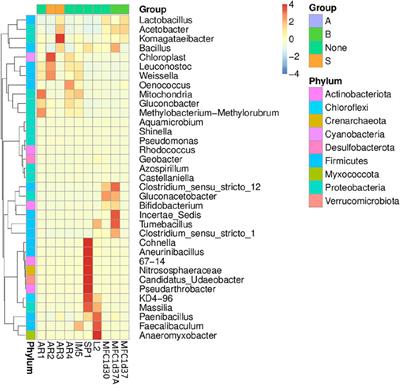EDITORIAL
Published on 15 May 2024
Editorial: Bioprocess designing towards clean energy production from industrial wastewater
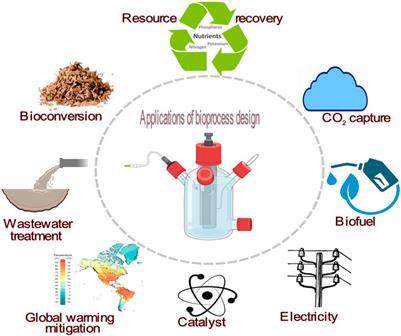
doi 10.3389/fceng.2024.1412081
- 868 views
7,351
Total downloads
58k
Total views and downloads
EDITORIAL
Published on 15 May 2024

ORIGINAL RESEARCH
Published on 02 Oct 2023
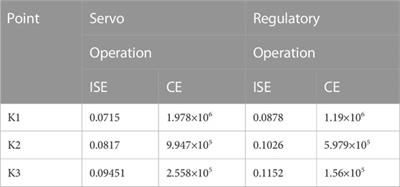
REVIEW
Published on 07 Sep 2023

PERSPECTIVE
Published on 11 Apr 2023
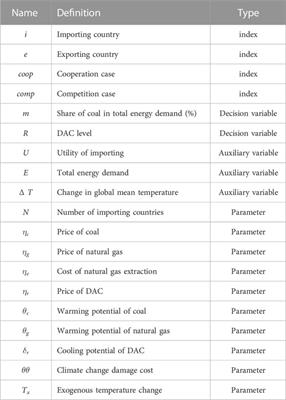
MINI REVIEW
Published on 05 Jan 2023
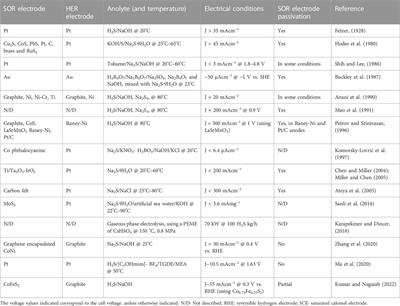
MINI REVIEW
Published on 29 Nov 2022
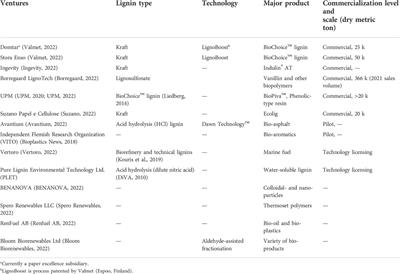
REVIEW
Published on 29 Nov 2022
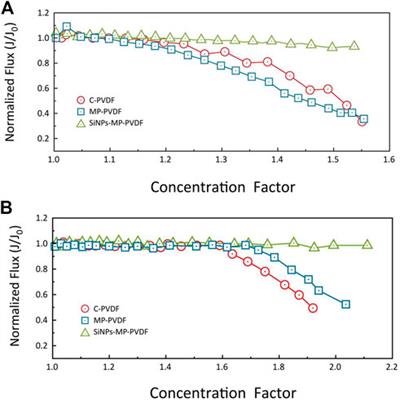
REVIEW
Published on 06 Oct 2022
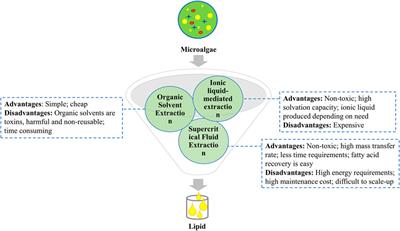
ORIGINAL RESEARCH
Published on 26 Jul 2022

ORIGINAL RESEARCH
Published on 01 Jun 2022
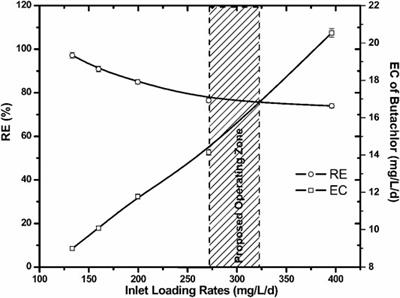
ORIGINAL RESEARCH
Published on 17 May 2022
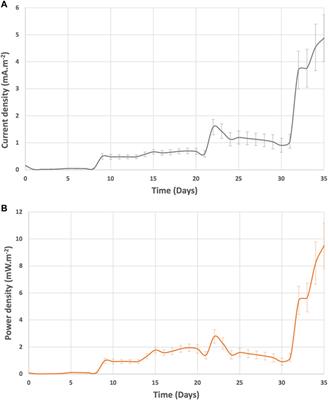
ORIGINAL RESEARCH
Published on 28 Feb 2022
